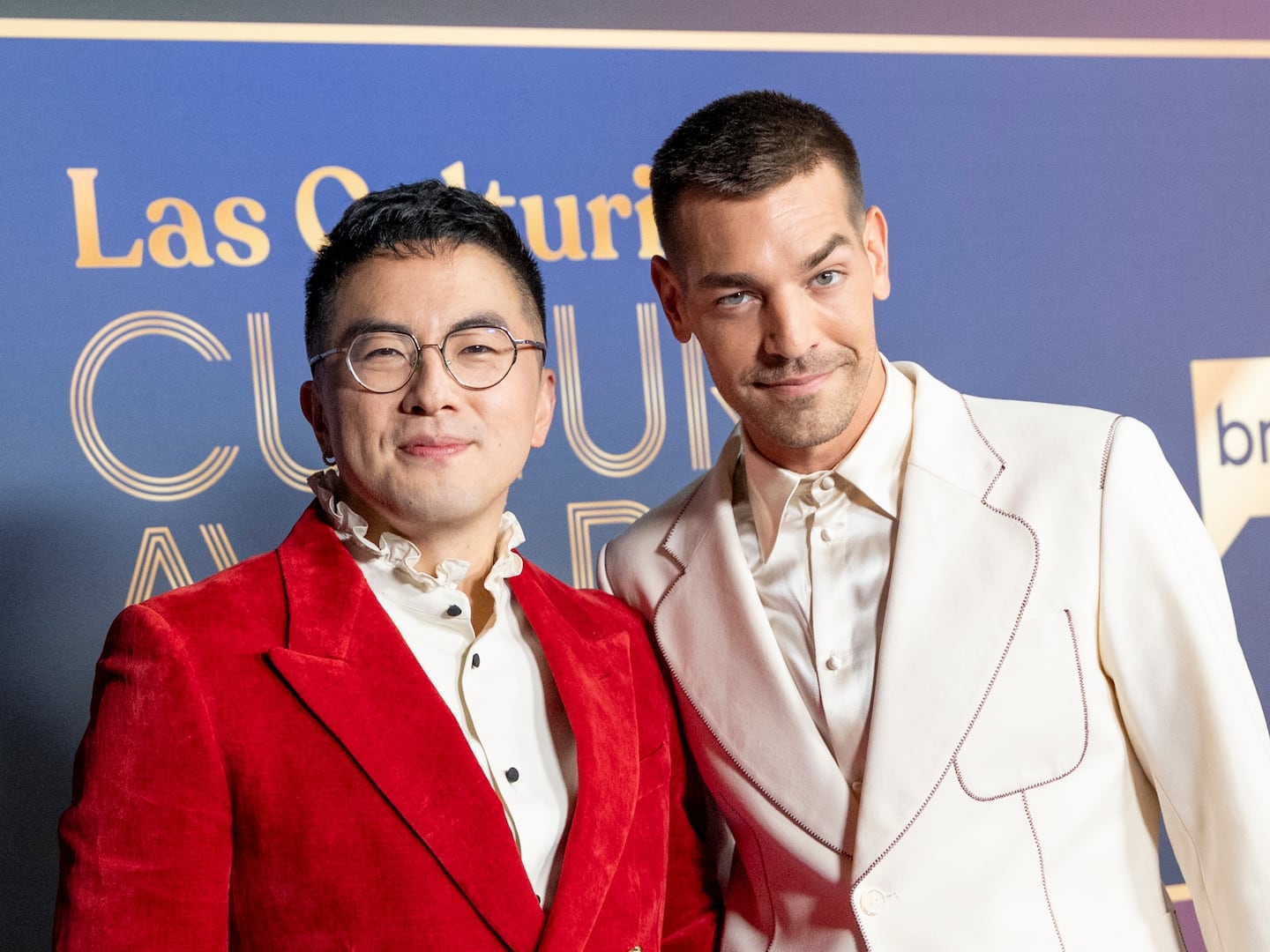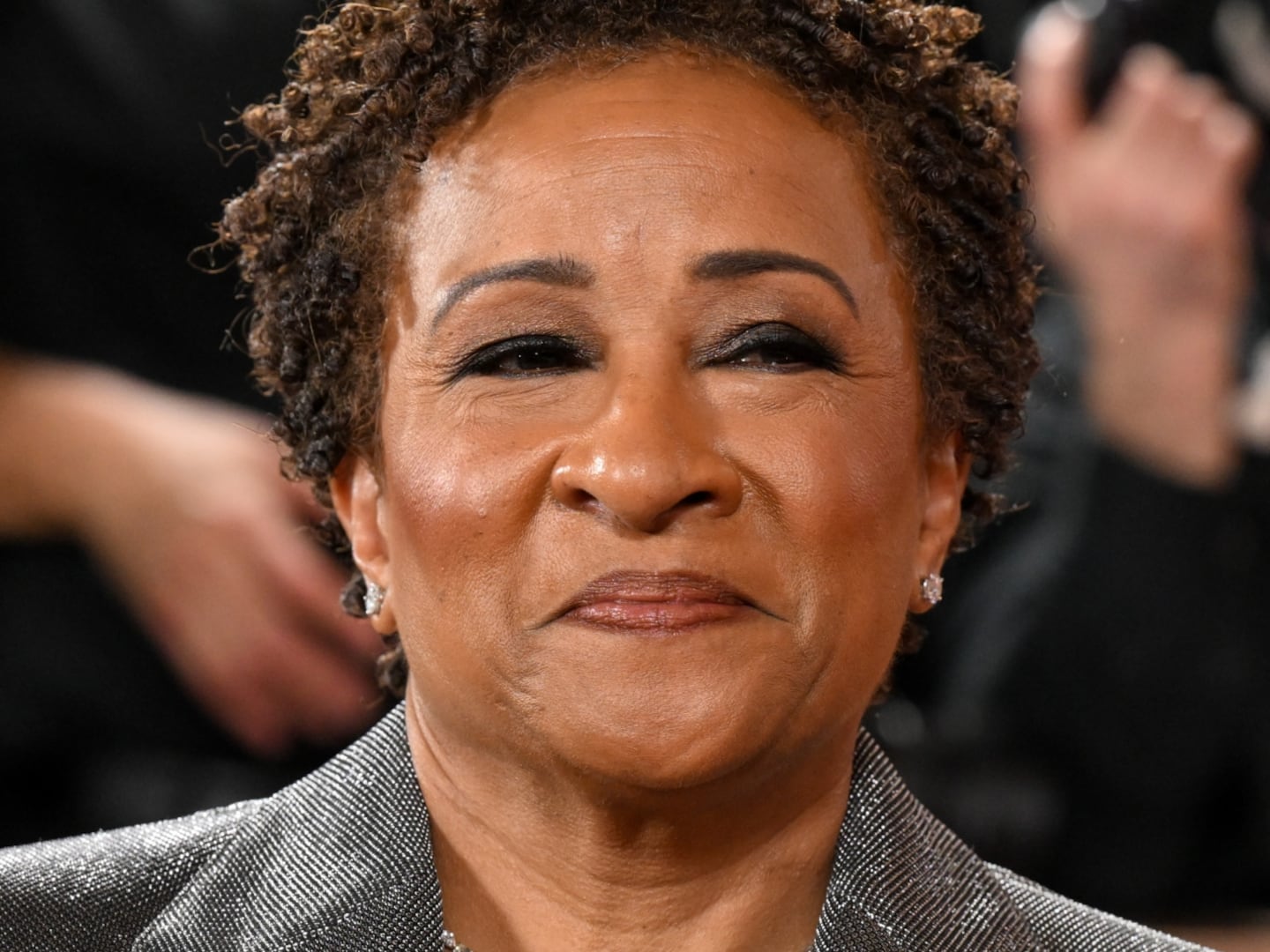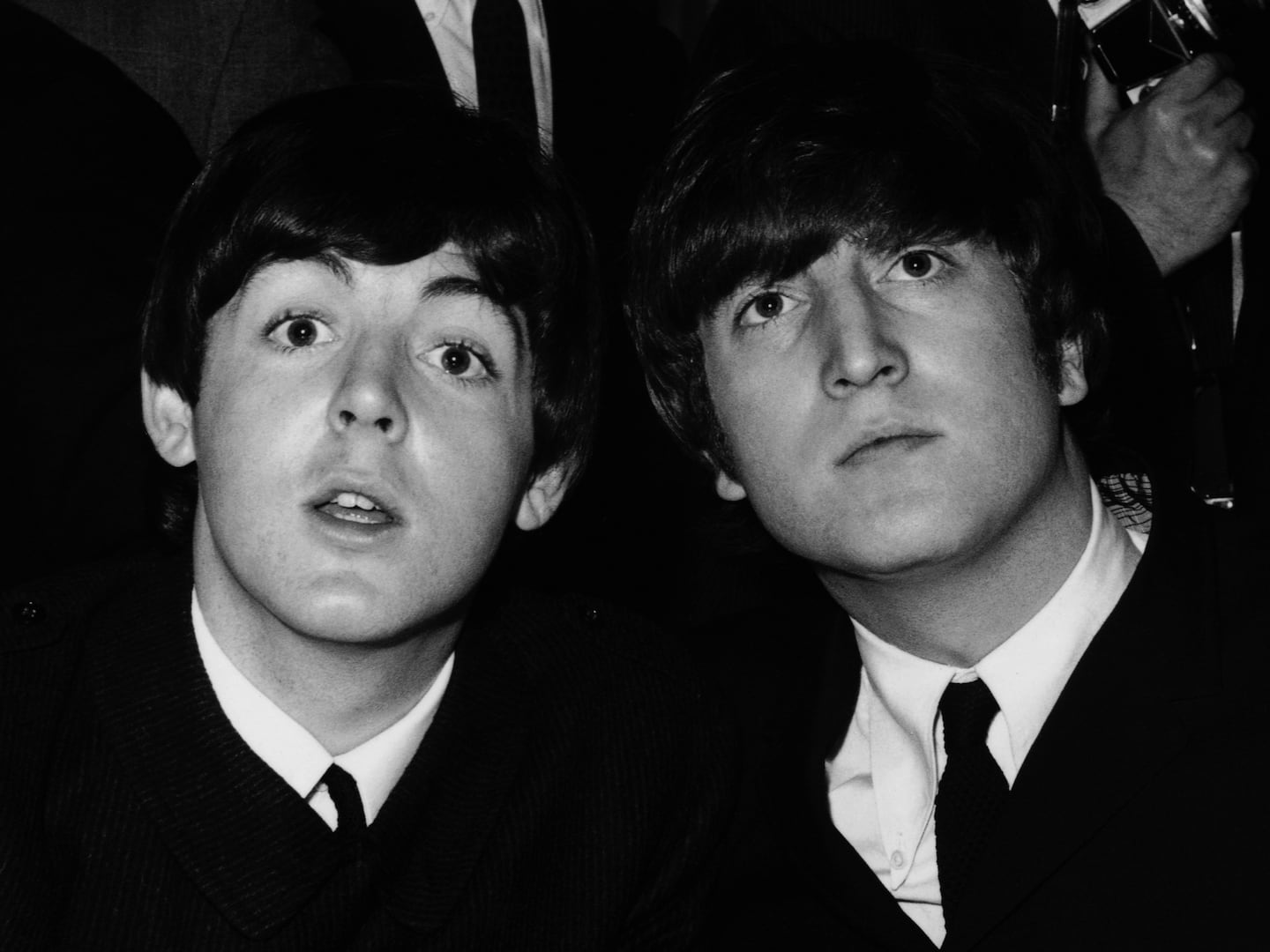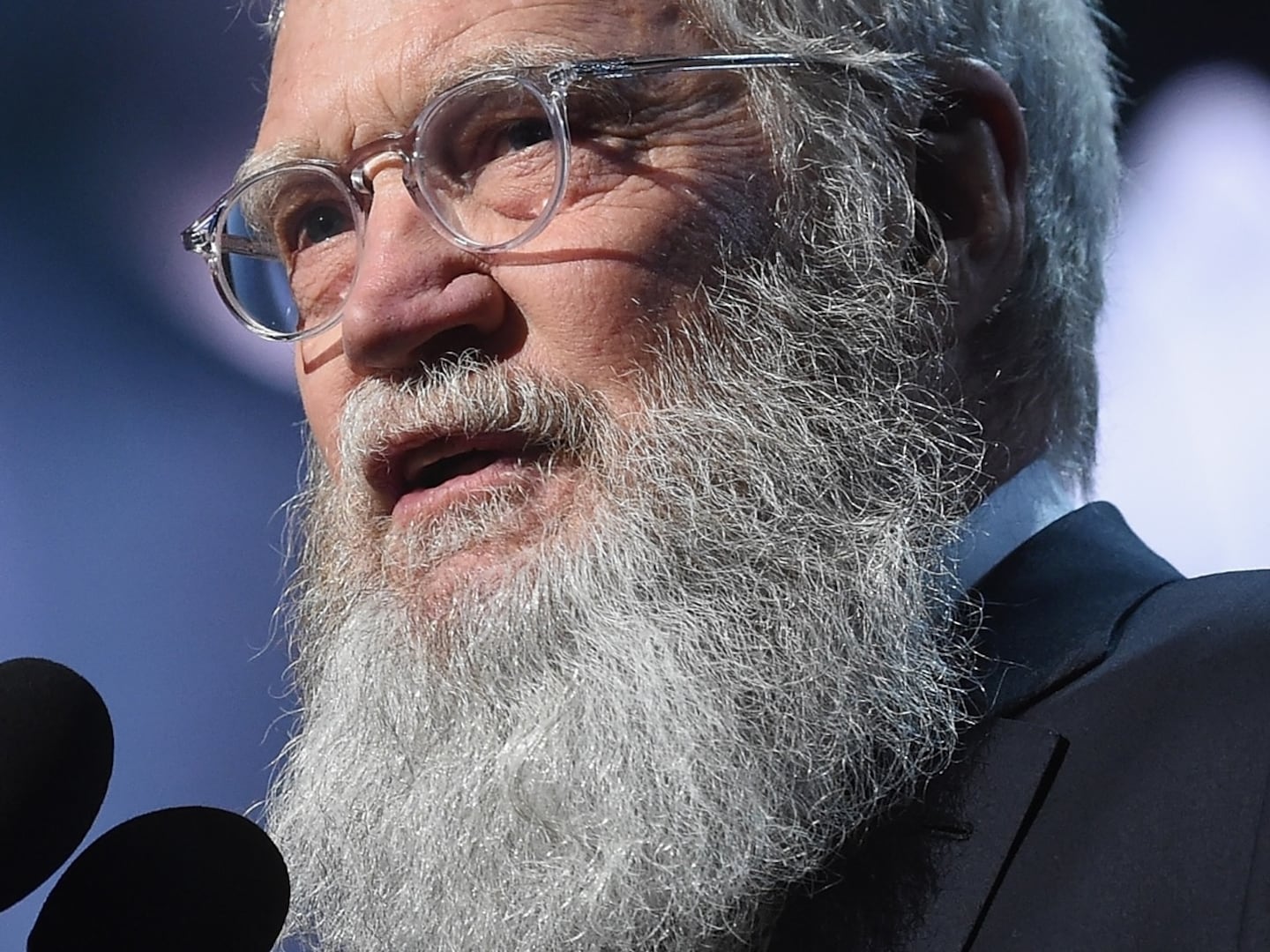Julie Plec knew more than a decade ago that she wanted to adapt Vampire Academy into a TV series—and even back then, she knew she wanted to do it with her friend and Kyle XY colleague Marguerite MacIntyre, who later read the books while the two were on vacation together. It wasn’t the right time then, but in a post-Twilight and True Blood and Vampire Diaries world—and in the wake of a dismal 2014 film adaptation—the castle door has swung open. (Literally, in fact: Plec and MacIntyre’s Vampire Academy, debuting Thursday on Peacock, was shot in a castle in northern Spain’s Basque Country.)
As the chief mastermind behind The CW’s Vampire Diaries television universe (which also comprises The Originals and Legacies), Plec uses the vampire genre to explore universal topics like loss and trauma through a teen soap lens. MacIntyre, who starred in Plec’s Kyle XY and Vampire Diaries, first joined her friend in the writers’ room during The Originals. The pair’s new Peacock project attempts to put a new twist on a well-worn genre—one that, as Plec herself admits, might have hit an existential crisis.
Speaking with The Daily Beast ahead of Vampire Academy’s premiere, Plec noted that although any vampire story will contain its own creative flourishes, the central dynamic has historically been the same: “What we all know about vampires, and what we historically have loved about vampires in fiction and television, is that seductive, primal, sensual, and deeply sexualized predator.” But those tropes apparently don’t work as well with younger, more socially conscious audiences.
Plec recalled that while making her last Vampire Diaries offshoot, Legacies, she and her colleagues “just sort of said, well, we can’t do that anymore. Today’s society, this generation, they just don’t have any space for that.
“How do you then tell a story about a predatory creature without being able to rely on any of the normal tropes and actions of said creature?” Plec added. “For me, any vampire show that’s being made today, ours included, is really, truly about finding new and different ways to tell a story about someone whose time is up, basically.”
For centuries, the world of Vampire Academy has operated from an unquestioned set of rules: The “civilized” Moroi vampires, who wield elemental magic, sit at the top of society, protected by vampire-human guardians called Dhampirs. At the bottom of the social ladder, as always, you’ve got regular old humans, and then there are the monsters—mindless, brutal vampires called the Strigoi, whose sole craving is blood. Much like the Plec series that precede it, Vampire Academy grounds itself within a complicated and trauma-inflected bond—in this case, an unlikely friendship between a vampire-human hybrid, Rose Hathaway (Sisi Stringer), and a vampire aristocrat, Lissa Dragomir (Daniela Nieves).
The class structures underpinning Vampire Academy’s world have gone unchallenged for centuries, but as we see, political upheaval has begun to expose cracks in the foundation. Moroi vampires, who pride themselves on their civility next to the grunting Strigoi, have normalized countless inhumane, oppressive, and exploitative policies of their own as divine law. Based on how this society works, Lissa and Rose’s friendship should stand no chance of surviving; how they’ll make it work, of course, is what we’re all here to find out.
Adding to what Plec said about expanding vampire fiction’s traditional impulses in a new way, MacIntyre noted that Richelle Mead’s best-selling YA novels provided “this beautiful template. … It isn’t that same trope that we’ve all come to know.”
“There are different kinds of vampires, and one of them is predatory and violent and will kill you as soon as they’ll do anything else,” she explained. “But it’s one kind—there’s a violent strain in the world, and that’s already built into the structure of this society. … So we had this beautiful basis from which to spring, and then we just took it a little farther.”

As much as Vampire Academy wants to feel like something new (and at times, it can) the series feels more like a messy amalgamation of influences and remixed genre tropes. Hunger Games fatigues commingle with the floofy dresses of Bridgerton, while ominous rites like the “specialization ceremony” (think “Sorting Hat but as a talent show”) loom over our young characters.
Although we hear all about Rose and Lissa’s devotion to one another, and even witness the depth of Rose’s protectiveness toward her friend, their bond feels stiff and nonspecific rather than lived-in. And both characters’ romantic relationships—Rose’s love triangle and Lissa’s timid flirtation with a tutor who has a dark past of his own—struggle to spark like the steamiest pairings from Plec’s past shows.
Vampire Academy feels less lethal than its predecessors, but that might not be a bad thing. There’s more lore to build here than in the CW shows, and Plec does know how to lean into the inherent soapiness of the TV vampire genre. If she and MacIntyre tap the right vein, they might yet find the sweet spot between Bridgerton and Vampire Diaries. For now, the search continues.






